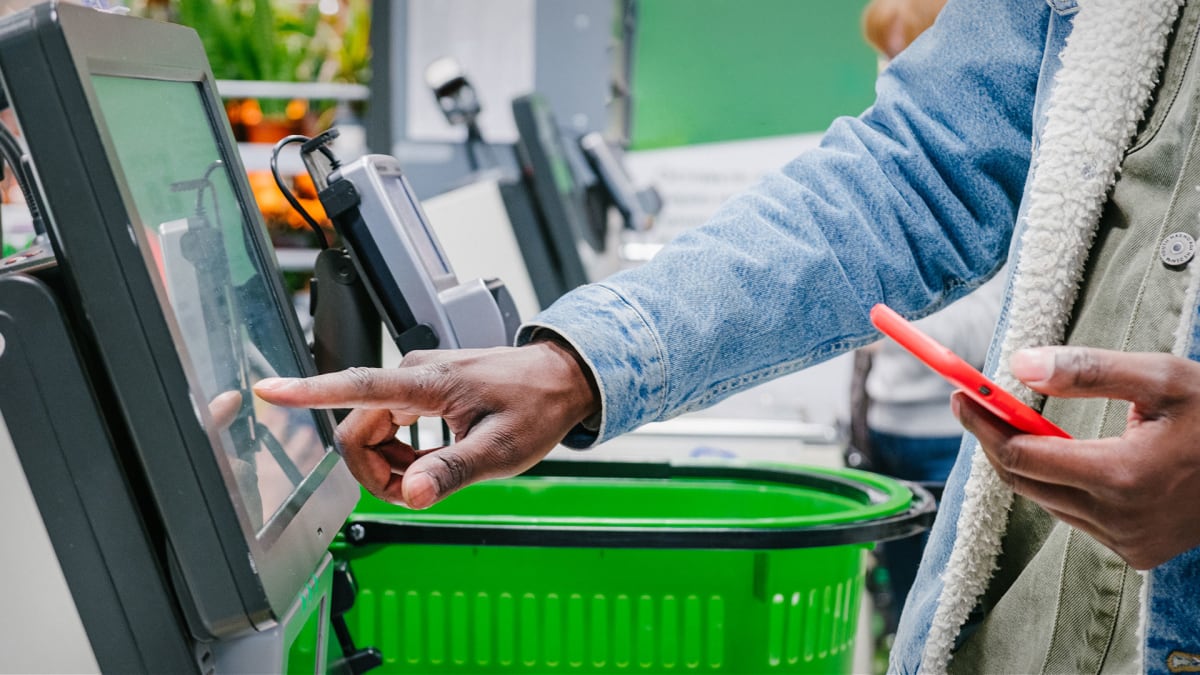Grocery store chains make big bucks by sharing customer information.
Shoppers at grocery stores such as Kroger (Korean)- Get Free ReportLoyalty cards are often used for discounts offered by supermarkets.
But these cards are not only used by businesses to offer discount incentives to their customers.
Do not miss it: Kathy Wood pulls back on one investment she previously admired
These cards collect personal data about the store’s customers, and the store monetizes that information to make money.
“Kroger, for example, has carefully grown two ‘alternative profit business’ units that monetize customer information. yield $1 Billion+ “Profit Opportunity” markup.
Grocery stores can analyze all the data they collect and sell it to other businesses to get information about what to promote to their customers.
John Davisson, director of litigation for the Electronic Privacy Information Center (EPIC) said: markup“They don’t think about how their data feeds into this huge ecosystem with analytics and targeted advertising and tracking. increase.”
Below is a partial list of the information Kroger collects about its customers, according to the report. (Note: the quotes in the text below are markup Reflects direct quotes obtained from the company. )
personal information: Information you provide when you sign up for our loyalty program: name, email address, mailing address, phone number, membership ID, unique household identifier
Purchase history: Past in-store and online shopping purchases (no time limit on how long information is retained while you are a member)
position: Precise physical location in the store (with your consent), including when you enter and exit the store (Kroger app, GPS and Bluetooth beacons in store)
Financial and payment information: “credit, debit or other payment card number, bank account number”
Health related information: “Where permitted by applicable law, we may make certain inferences about you based on your health-related shopping history in order to better serve you.”
Mobile device data: Mobile Advertising IDs, IP Addresses, Browsing Data, Use of Tracking Pixels, and Cookies
Demographic data: “Age, marital or family status (including whether there are children in the family), languages spoken, educational information, gender, ethnicity and race, employment information, or other demographic information.”
Biometric data: Facial recognition (at certain locations, there are signs indicating notifications)
Behavioral reasoning: “We create inferred and derived data elements by analyzing your shopping history in combination with other information we collect about you in order to personalize our product offerings, shopping experience, marketing messages and promotional offers.”
Get exclusive access to portfolio managers and their proven investment strategies with Real Money Pro. get started now.
https://www.thestreet.com/retailers/supermarket-discount-cards-give-companies-personal-data-shoppers-dont-realize Personal Data Supermarket Discount Cards Give Businesses Shoppers Don’t Know
